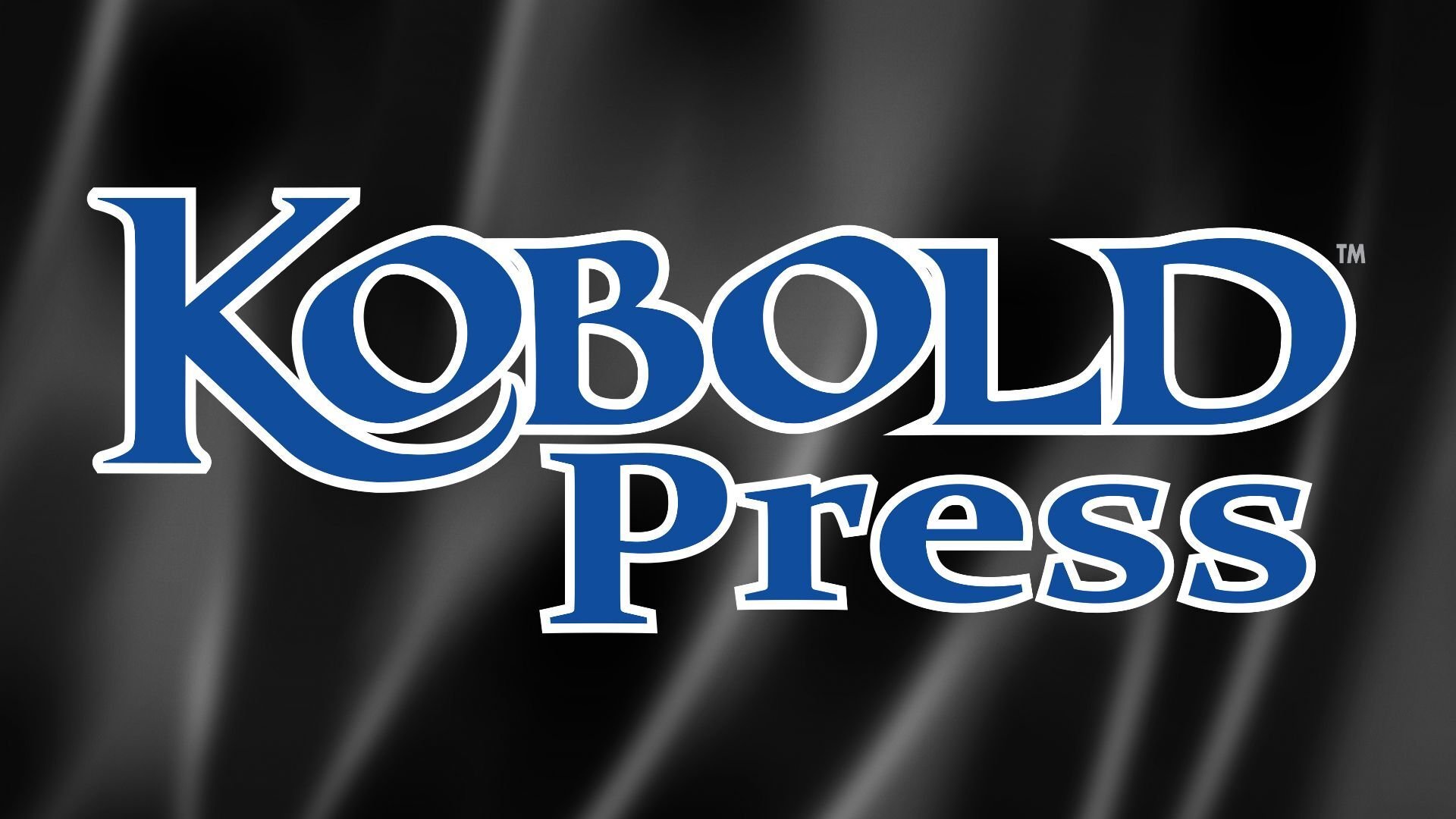That may be WotC's position -- the problem is that it is not a legally accurate position. The SRD 5.1 was released under the OGL 1.0a -- not maybe -- FOR SURE it was.
They can't easily get rid of that 5.1 SRD legacy anymore than they can get rid of the SRD 3.5 legacy. The difference is, they don't care anymore about 3.5 -- but they DO NOT want Paizo to be able do the same thing to them with 5e that they did to them with 3.5. That's a real concern, I'm sure.
Problem: I'm not sure how WotC can actually avoid that result. What is evident to me most of all is that WotC wants to lock down the VTT space so that it is not covered by any OGL and they have complete control over it. They want their own VTT to be exclusive with OneD&D. They don't want a digital competitor in that space.
This explains the purchase of DDB for $140+ million (that was a LOT of money - unprecedented money in RPG land). They didn't pay that to just sell PDFs that weren't PDFs. They paid that because they are going to use it to leverage their own VTT in an attempt to recoup monthly subscription money from DMs and players alike.
And they can't do that effectively without making it exclusive. And as VTTs are allowed under OGL 1.0a, they need to shed that legal capability somehow.
When you look at the text of what Battlezoo released, link above, there are certain blatant lies in that document which try to re-write history, pretending certain things were not intended to be covered by the OGL 1.0a -- interactive digital products and VTTs chief among them. That is a lie of course, we know those products were intended to be permitted; WotC's own FAQ said so until 2021.
So why say something in a document that isn't true if you don't have to? Because they feel they have to. Those lies + the money spent on DDB tells you what this is really all about.
It's about locking down the VTT space for 6e. They want to be able to earn World of Warcraft subscription money from DMs and players alike, monthly. That's the "under-monetization" that WotC is aiming to fix with $140+ million purchase. Earning WoW money is the dream of every computer and video game exec in the history of ever; that's the Golden Trophy. And they can't do that as easily if people have another, non-subscription VTT venue on which to play 6e.
The rest of this is just a shopping list of publishing druthers and OGL 1.0a after-the-fact remorse. They lived with all of that for 23 years. None of that was determinative. The VTT stuff, underscored by the pandemic and the ability to monetize it? That's different. The purchase of DDB for a HOLY CRAP large sum of money? That's different - that's new.

 koboldpress.com
koboldpress.com

 koboldpress.com
koboldpress.com


